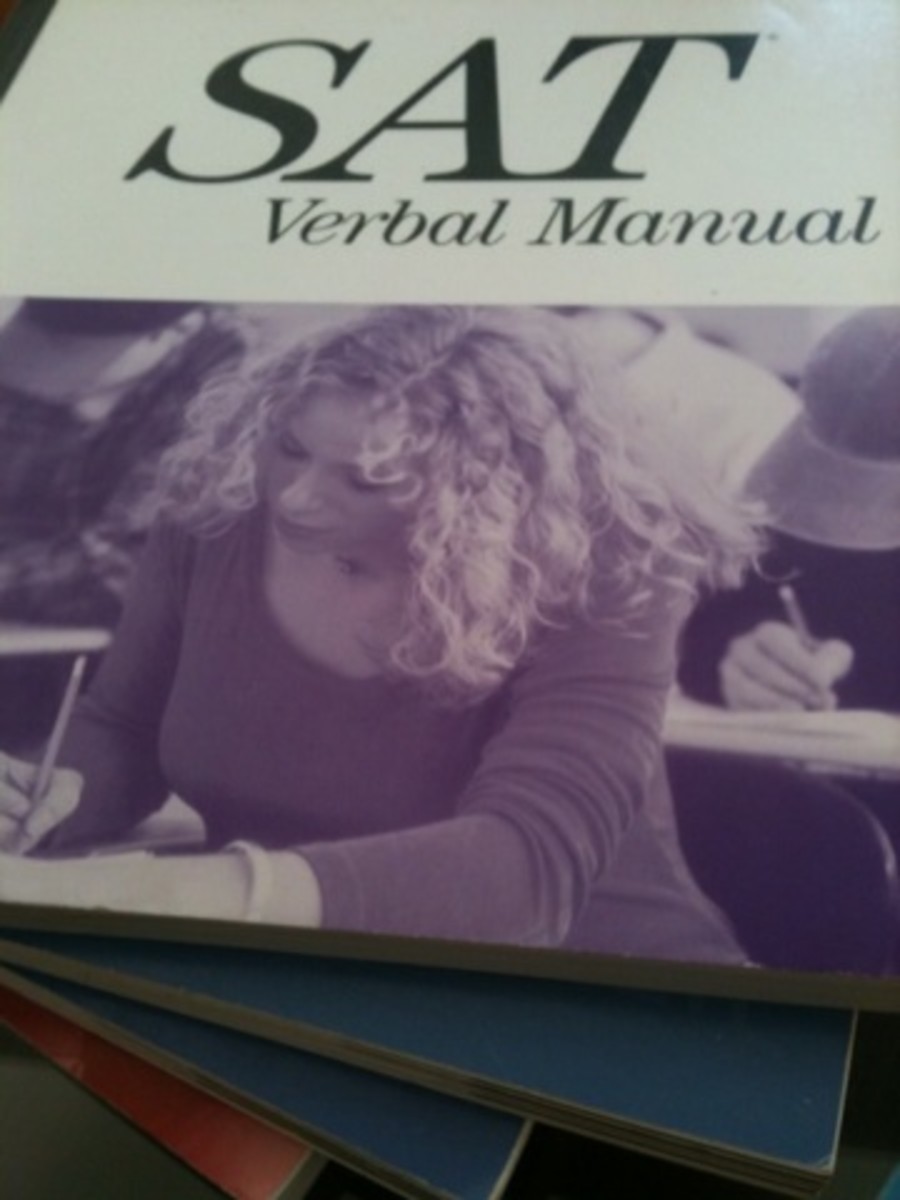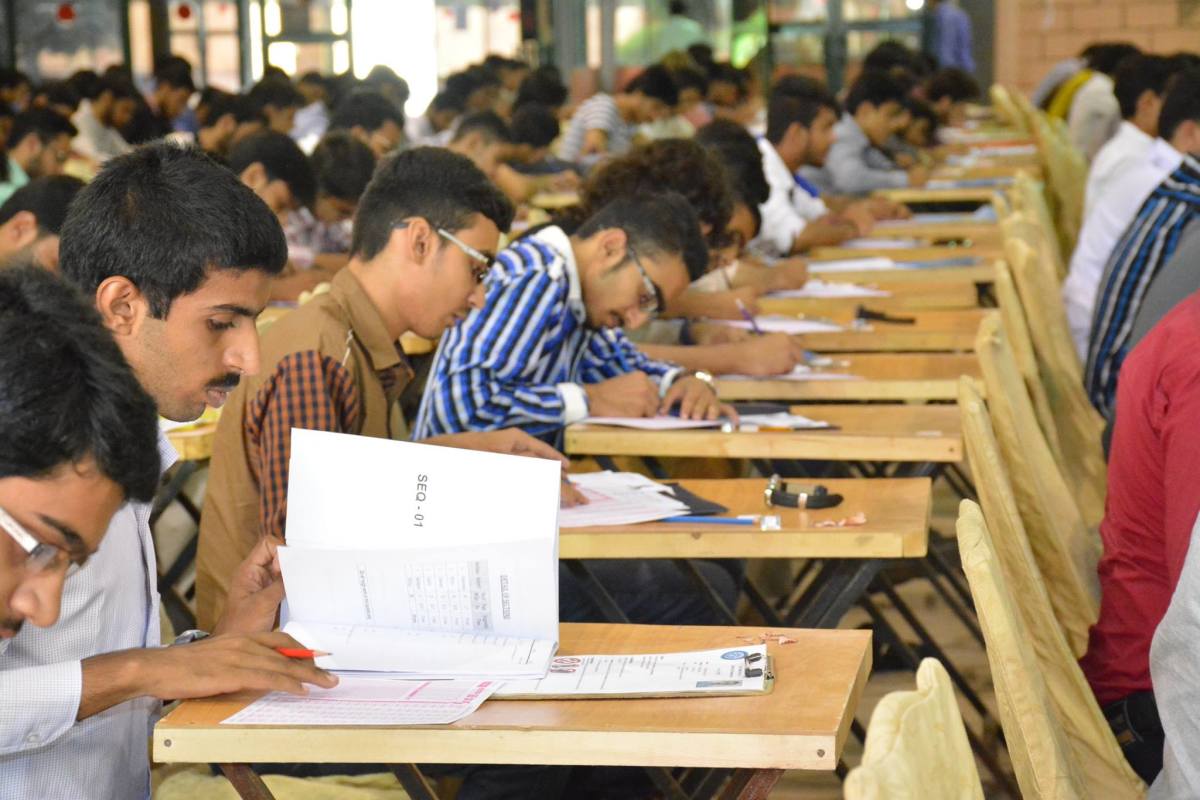Be An Analytical Reader To Ace The GED Language Arts Test

How To Ace The GED Language Arts Test
How ready are you for the GED Reasoning Through Language Arts Test?
The first thing to know is that the GED RLA test focuses on assessing 3 related skills. You’ll be expected to apply them as you read various passages that are both of the fiction and non-fiction genre. To be able to ace the GED Language Arts test, you should hone your:
- Ability in reading closely
- Ability in writing clearly
- Ability in editing and understanding how standard written English is used within context
The following are 3 tips about how to get a high score in the GED RLA test:
Familiarize yourself with the actual testing conditions by taking practice tests. Expect to read two types of materials in the test. First is the informational text which features contents about the workplace as well as non-fiction contexts. This section comprises 75% of the total number of questions. The literary text, on the other hand, makes up the second part of the test and composes 25% of the test items. You ought to know how to apply your skills in reading, analyzing and implementing information as you refer to these passages.
Taking GED practice tests will acclimatize you to the actual GED RLA exam. As you familiarize yourself with its conditions, you’ll learn how to ready your mind to answer the questions. This strategy has been proven by studies as an effective way to learn, and it should be a significant part of your test prep routine. By way of practice tests, you’ll also learn what topic areas you are weak at. Thus, you’ll have an idea of what you need to work and improve on.
Don’t over study, give yourself enough brain space. You ought to reduce your studying time as the final day of your GED RLA exam approaches. Your goal is to allow your brain to breathe- give it enough space. You therefore have to find time to rest and relax. As your exam time is nearing, steer clear of information overload, overthinking and stress. Otherwise your mind might go blank as you commence on taking your test. Allow yourself some brain space so that the information it has ingested becomes fresh and retained.
If you spend too much time reviewing, you might suffer from information overload. Make sure your mind has ample breathing space. It is necessary for your brain to process information. So don’t forget to have regular breaks when you are reviewing.
See to it that you wouldn’t be frazzled on the day of your exam. Prepare all your document and identification requirements the night before, and arrive 15 minutes earlier of your schedule on your exam day.
Know how to answer each test question ahead of time, and be aware of how much time you have left to finish each section. You don’t have to answer the questions in order. Skip those that you find difficult- answer the easy ones first, and then go back to the former. Your answers should be clear, and be sure not to miss anything. Allowing your brain to breathe gives it a state of peacefulness and optimal functionality, making you gain focus and clarity as you tackle your exam.
Nothing can be more important than eating a healthy meal prior to taking your exam. In fact, you should maintain a healthy diet from the start of your test prep program. Avoid greasy and heavy foods.
Read, and then read some more. Do lots and lots of reading before taking your GED RLA test. Valuable articles are available on the Internet, along with credible books in your local bookstore or library. Consider that, for the most part, the GED RLA exam will measure your skills in reading comprehension and you need to practice. You likewise need to hone your vocabulary and grammar. Read various materials on different topics, such as history, fiction and non-fiction, together with grammar books.
Get hold of an online GED study guide that will expose you to a wide array of texts. You need to read them carefully because in the actual test, you’ll find the answers in the texts. Learning how to become an analytical reader is your best bet to the GED Language Arts test, so you need to practice and harness your pertinent skills.








